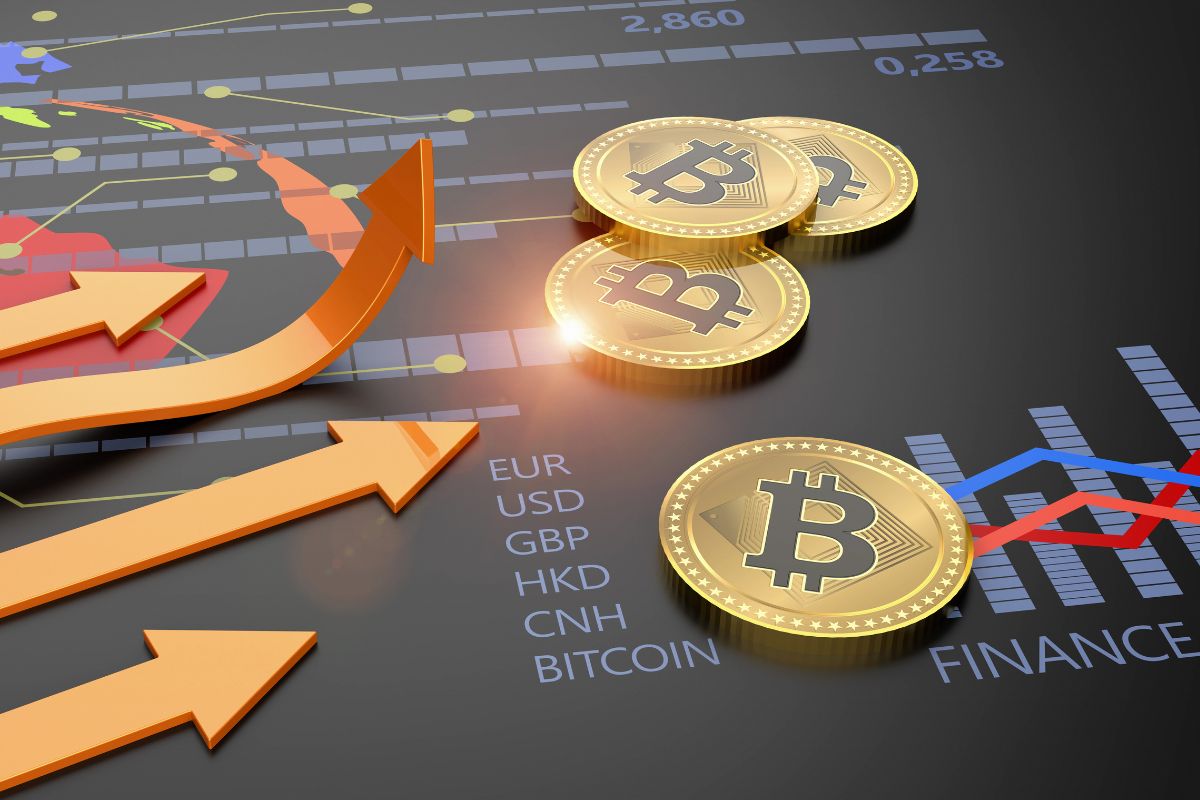If you thought blockchain was just for tech bros and Bitcoin traders, think again. JPMorgan Chase, the biggest bank in the United States, has officially entered the blockchain game in a way that could ripple across every business sector. Their new tool, JPMD, is a tokenized version of U.S. dollar deposits that runs on a blockchain and aims to make money move faster, smarter, and with more transparency than anything banks have offered before.
This isn’t a flashy crypto stunt or a side experiment. It’s a sign that big finance is embracing the same tech that used to be considered disruptive. And if your business hasn’t started exploring blockchain-based solutions, it might be time to reconsider. Because when the largest names in finance start upgrading their systems, it’s usually a sign the rest of us should be paying attention.
What is JPMD and why is it different?
JPMD stands for JPMorgan Deposit Token. Each token represents a real U.S. dollar held in a JPMorgan account. Unlike stablecoins like USDC or Tether, which are issued by private firms and sometimes lack strong regulatory backing, JPMD is fully compliant with banking regulations. It is issued by a federally regulated bank and tied directly to traditional deposits.
The purpose? To allow businesses to move money faster, 24/7, with real-time verification and reduced risk. You get all the speed and flexibility of crypto transactions without the volatility or confusion.
This is not about buying Bitcoin. It is about using a secure, modern infrastructure to send and receive funds, automate contracts, and get real-time insight into your financial operations.
Here’s why this matters for your business
Let’s break it down. Most small and medium businesses are used to waiting days for wire transfers or international payments. You send an invoice. The client pays it. Then you wait. And follow up. And hope nothing goes wrong.
With tokenized deposits, transactions can happen instantly. Funds are transferred in real time, anytime, even on weekends or holidays. That means better cash flow, fewer delays, and happier partners.
It also means you can build smarter payment workflows. Imagine automating parts of your billing process so that when a service is delivered, payment is triggered automatically. Or using smart contracts to release funds only when milestones are met. These are not futuristic dreams. They are capabilities that blockchain-backed tokens like JPMD can bring into the mainstream.
It’s about more than speed
Sure, real-time payments are a big deal. But what makes JPMorgan’s move especially interesting is the transparency it introduces.
Every transaction on a blockchain is traceable. That means no more lost records, mismatched invoices, or confusing audit trails. For businesses dealing with compliance, bookkeeping headaches, or cross-border payments, this could be a game changer.
The system also reduces errors and lowers fees. Because everything is validated instantly and runs without multiple middlemen, you cut out a lot of the friction that comes with traditional banking.
And the cherry on top? JPMorgan is also offering a validation service called Confirm, which double-checks account information before money is sent. That means fewer failed payments and less back-and-forth with frustrated clients.
Still thinking this is just a trend?
Let’s zoom out for a second. JPMorgan isn’t the only player upgrading its game. Google is pushing AI into ad automation. Amazon is using machine learning to boost logistics. And now, major banks are bringing blockchain into everyday money movement.
This is not just a tech trend. It’s a full-on shift in how business is done.
The digital economy is becoming more connected, more automated, and more transparent. Brands that stay on top of these changes are the ones that will grow faster, serve better, and spend smarter.
What makes this move legit?
We get it. Crypto has had its scandals. But this is different.
Deposit tokens like JPMD are issued by trusted institutions, fully backed by real assets, and compliant with all the usual regulations. You’re not gambling. You’re upgrading.
You get the benefits of modern tech without sacrificing trust. That’s a rare combination.
So, what’s the catch?
Like any new tool, there are still questions. Will every bank follow suit? Will small businesses get access right away? And how quickly will platforms start integrating token-based payments?
Right now, JPMD is in a pilot phase, focused on institutional clients. But history tells us that what starts with big players eventually trickles down to everyone else.
Remember when only massive companies had cloud storage? Or when only top retailers had mobile apps? Now, even your neighborhood bakery is running orders through digital systems. That’s how adoption works.
What you should be thinking about right now
Even if deposit tokens aren’t on your radar today, it’s worth preparing for a near future where they are the norm.
Start by looking at how your business handles payments. Where are the delays? Where are the errors? What parts of your operation could benefit from faster, more flexible money movement?
Talk to your financial partners. Ask what they’re doing to support blockchain-backed payments or programmable finance.
And most importantly, stay open. The tools that seem complex today often become tomorrow’s essentials. Especially when they offer practical benefits like speed, security, and automation.
The bottom line
JPMorgan going blockchain is a big deal. Not just because of what it means for crypto, but because it signals a turning point in how business money moves. The lines between traditional finance and fintech are fading, and the next wave of innovation is already in motion.
Smart brands will use this moment to future-proof their operations. They will explore faster, more transparent ways to manage payments and cash flow. They will adopt tools that make them leaner, quicker, and better equipped to compete.
Whether you’re a startup, a growing brand, or an established company, now is the time to pay attention. Because when the biggest bank in the world says blockchain is the future, you don’t want to be the last one catching up.














Comments are closed